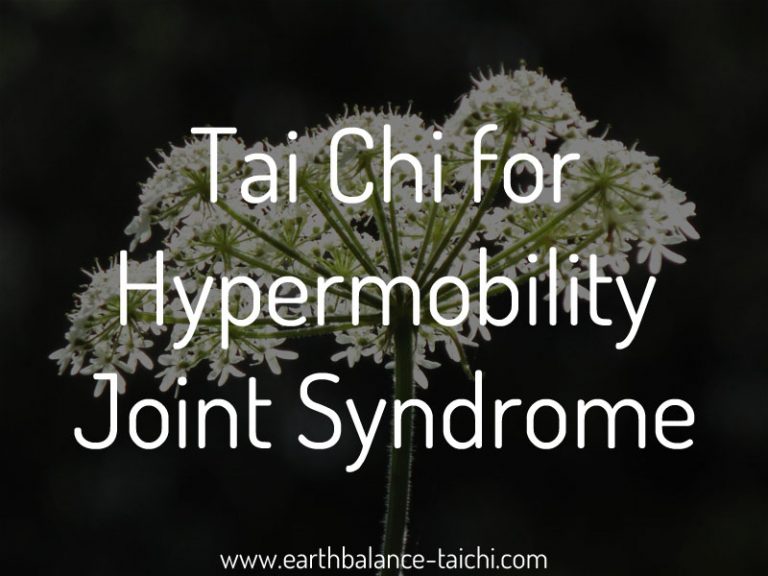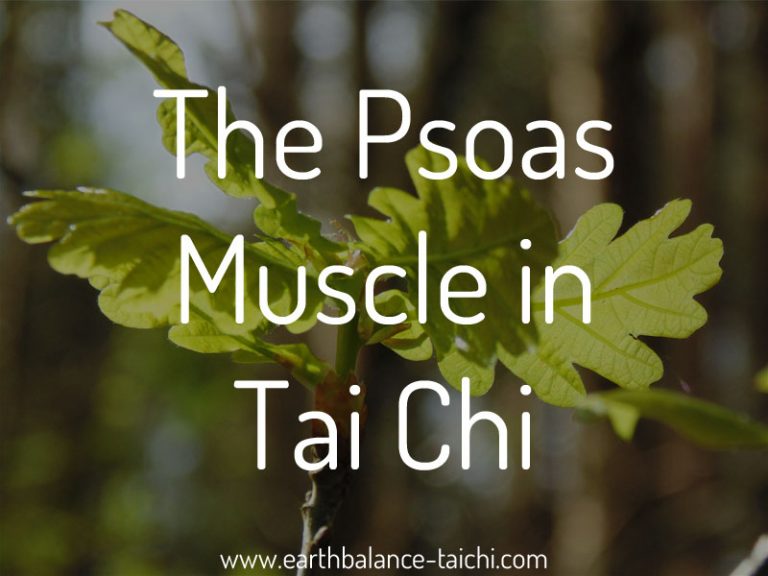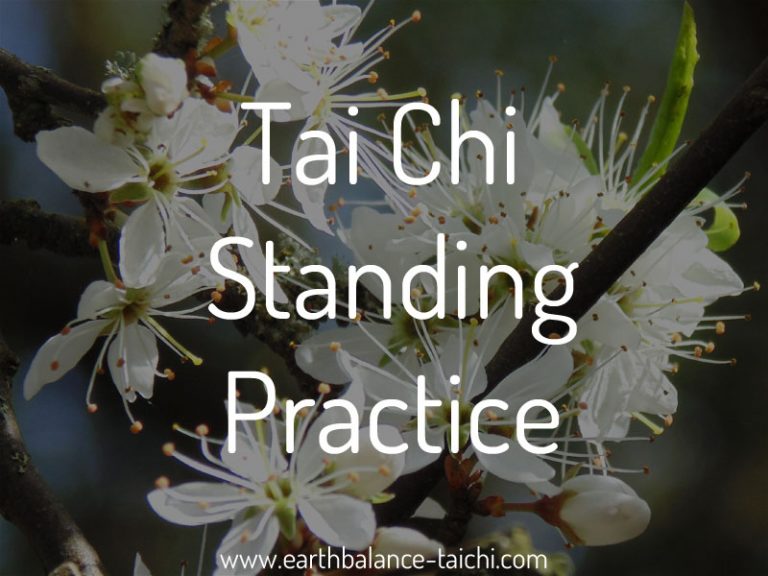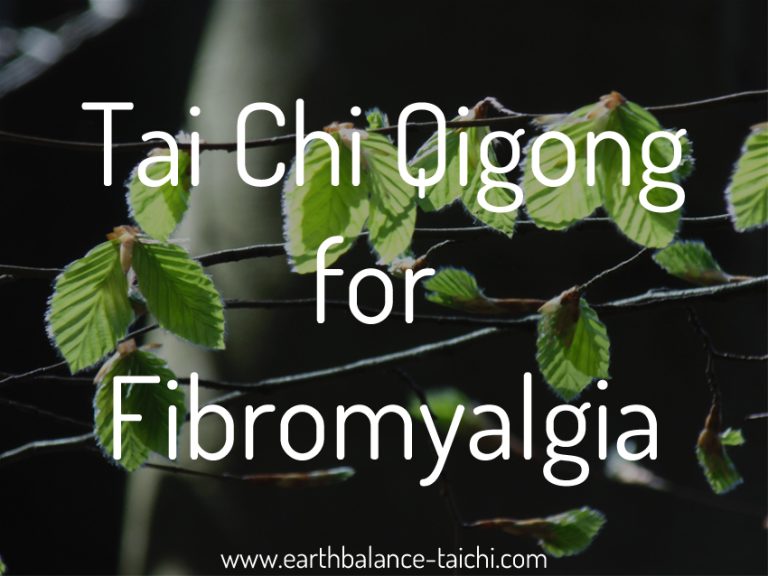Tai Chi and Hypermobility Joint Syndrome
Tai Chi and Hypermobility Joint Syndrome As a Tai Chi Instructor I live with hypermobility. The good news is that Tai Chi, Qi Gong and Meditation are all recommended ways to help manage the symptoms of this connective tissue disorder. I changed career in 2010 to become a Tai Chi and Qigong instructor when my…






